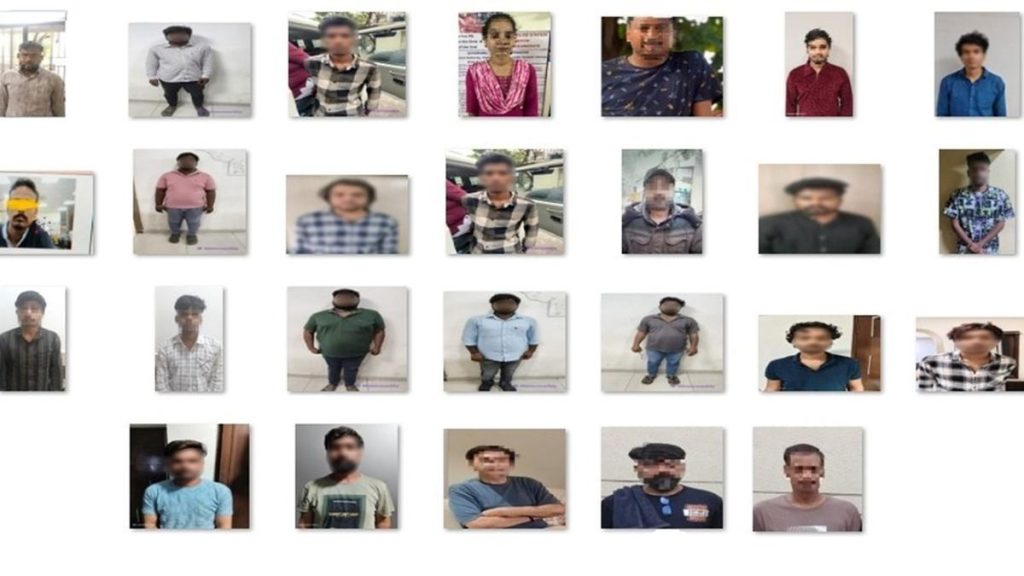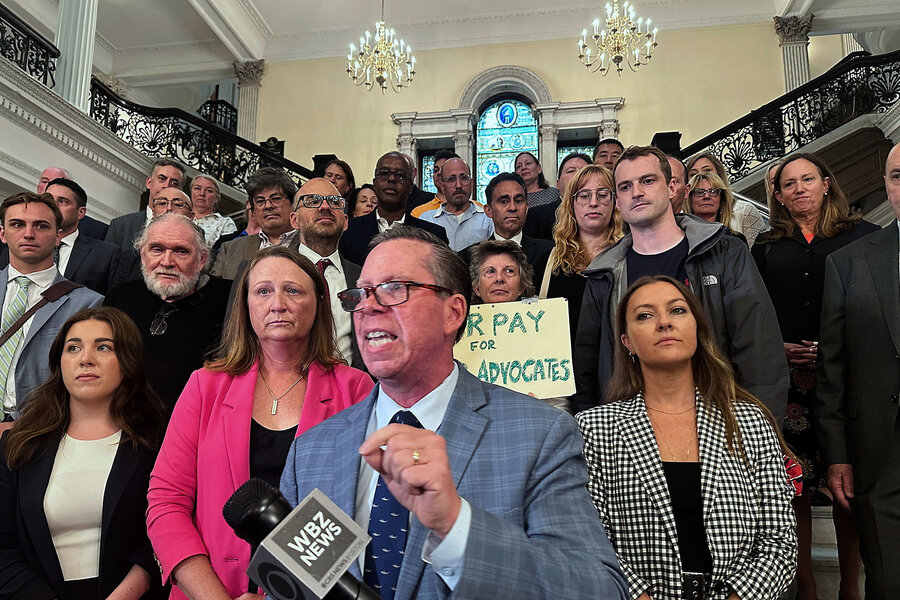Now Reading: Trump Sidesteps TikTok Ban, Strikes Controversial Deal: What It Means
-
01
Trump Sidesteps TikTok Ban, Strikes Controversial Deal: What It Means
Trump Sidesteps TikTok Ban, Strikes Controversial Deal: What It Means

Fast Summary
- TikTok Ban Legislation: Congress passed a bipartisan law in April 2024 banning TikTok unless sold by its Chinese parent company, ByteDance, citing personal data security concerns tied to the Chinese government.
- Extensions and Delayed enforcement: President Donald Trump has repeatedly delayed enforcing the ban beyond the law’s provisions. Extensions have kept TikTok operational despite its January prohibition.
- Negotiations with China: The Trump administration announced it has reached a “framework agreement” with China that addresses U.S. security concerns about TikTok. Details of the deal,including its buyer,are yet to be disclosed. Treasury Secretary Scott Bessent stated it aims to balance fairness for both sides.
- Legal and Political Debate: Critics argue Mr. Trump exceeded his legal authority by delaying enforcement of Congress’ ban and asserting technology companies could distribute TikTok without breaking the law. The debate raises broader questions about presidential power and compliance with legislated mandates.
Indian Opinion Analysis
TikTok’s contentious status highlights complex intersections between technology, national security policy, and governmental authority globally-including India’s own recent measures regarding Chinese apps. President Trump’s decision not to enforce a lawful congressional mandate underscores similar challenges some countries face when balancing legislative intent against executive discretion driven by foreign policy or economic considerations.For India specifically-where TikTok was permanently banned in mid-2020-these developments offer insights into how governments navigate self-reliance priorities while contending with foreign influence in digital ecosystems. Moreover, debates around executive overreach parallel discussions happening domestically concerning checks-and-balances frameworks within governance systems.
The lack of resolution brings forward questions relevant universally: How should rule-of-law principles adapt within situations where tech innovation increasingly overlaps national-security imperatives? Strengthening oversight mechanisms without politicizing commercial trade-offs emerges as critical here for safeguarding democratic institutions effectively worldwide-even within India’s evolving context toward secure digital sovereignty strategies moving forward.
























